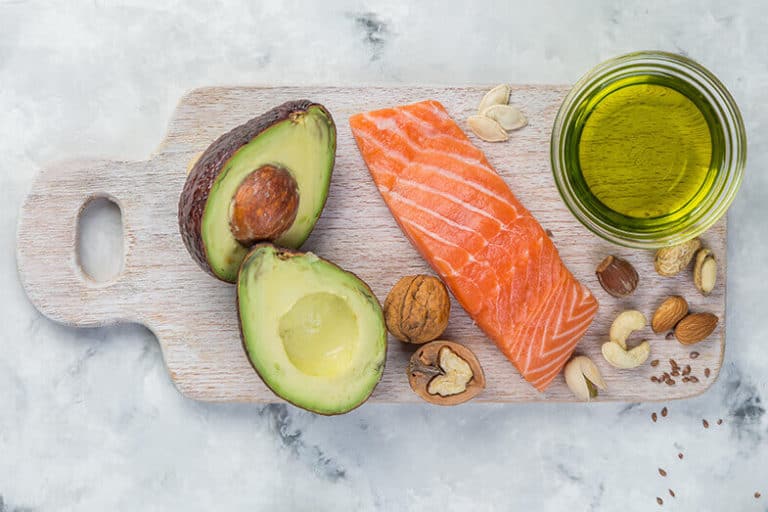
Is it just a coincidence that ever since we adopted low-fat and fat-free diet plans our health deteriorated? The craze began back in the 70’s and 80’s, and by the early 90’s foods with little to no fat were flying off the shelves. The American Heart Association, food manufacturers, physicians, and even drug manufacturers had convinced us that all saturated fats led to obesity and heart disease. People began trading nuts for pretzels, whole milk for skim, potatoes -hold the sour cream, and even still buying cookies so long as they were labeled “fat free”.
Dietary fats and all cholesterol were deemed to be bad for our health. Yet, over this same 30+ year time span of ‘healthier’ eating the incidences of obesity, diabetes and cardiovascular disease have soared to alarming rates. In addition to all of the fat-free products flying off of the shelves, so have the cholesterol-lowering and blood pressure lowering drugs.
So wait…..
The same industries whose research brought us into this craze have seen drastic profit increases from the very conditions they were said to be protecting us from? I’m sure the conclusions were just a big mistake, I mean fat does sound bad. Quite honestly, there must be some evidence that led to these conclusions, however misguided. The real problem resides in the fact that we moved from one extreme to another, never fully evaluating the consequences of doing so.
WE NEED FATS!
Firstly, we demonized ALL fats, many of which are absolutely essential to our health. Secondly, we made the mistake of accepting chemically altered and sugar-laden foods as suitable, even worse, as ‘healthier’ low-fat alternatives. We didn’t even trade calories! Most of these same low-fat and fat-free foods contain the same calories as their full fat counterparts. Instead, we traded fats for carbs, namely in the form of sugar — a mistake that has cost many their health.
As a matter of biology, we NEED fats in our diet. Fats provide energy, building blocks for our cells, carriers for fat-soluble vitamins, and even help us avoid over-eating by slowing the absorption of a meal. Conversely, higher refined carbs and sugar-laden alternatives have been shown to cause cravings and even lead to us consuming upwards of 500 extra calories a day yearning for that hunger satisfaction. Fats are also necessary for hormone balance, blood-sugar balance, protein absorption, and cholesterol balance. YES, cholesterol balance.
WE NEED CHOLESTEROL!
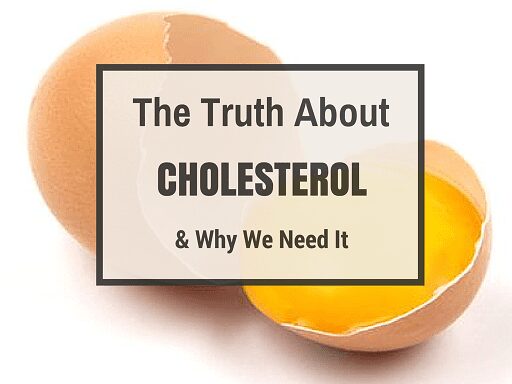
This is another sorely misunderstood and quite dangerous myth fed to us via propaganda. Science has shown time and again that cholesterol does not cause Atherosclerosis. In fact, low blood cholesterol levels have been linked to depression, violence, dementia, Alzheimer’s, and even death. This is not to be mistaken with the subtypes of LDL, the small and dense portions that ARE related to heart disease. Healthy fats actually alter the dense LDL into the fluffy and health protecting sources that lead to the rise in HDL (good) cholesterol. LDL is not ‘bad’, but the unhealthy dense version most certainly can be a problem, especially when HDL levels are low.
Another item that rose in popularity during our fat-free craze is none other than trans-fat. When we shied away from animal fats, we turned more towards processed grains and vegetable oils. Margarine replaced butter, cereal replaced eggs and bacon. These trans-fats are directly responsible for our LDL cholesterol levels becoming thick and dangerous, while also thought to lower our HDL. Our bodies are not programmed to process hydrogenated oils. This is the type of fat that poses a serious risk to our health, especially our heart health.
More Dangers
Aside from the obvious dangers we have covered above, another modern illness we’ve seen on the rise is Gallbladder disease. Could this also be related? Gallbladders rely on fat in order to release the stored bile acids and break them down for proper digestion. In the absence of this fat the gallbladder becomes not only congested from holding onto this thick, sticky bile, but more importantly, it becomes atrophied.
Ever heard of use it or lose it? If the gallbladder becomes weak and used to such a low-fat diet, what do you think happens when a full fat splurge meal is suddenly consumed? Can we say ‘gallbladder attack‘? Could this be the cause of such a sharp rise in gallbladder stones, attacks and removals?
Instead of adhering to the low-fat diet suggestions and rushing into the surgery room, try to SLOWLY reintroduce healthy fats back into the diet and allow the gallbladder to regain its strength. Consider consulting a nutritional therapist before caving to its removal. A part of the body attacking you is trying to tell you something and removing it doesn’t resolve why it happened in the first place.
And what about inflammation?
Inflammation is at the root of all diseases, from Arthritis and Gout to Heart Disease and Cancer. Chronic inflammation of the liver has also risen dramatically and been linked to the Western diet, a diet full of unhealthy fats and candida bacteria feeding sugars. There is undeniable evidence between our need for Omega-3 fatty acids and our ability to combat chronic inflammation.
Dietary fats play a vital role in our inflammatory responses. Without enhancing our diet to remove these unhealthy fats and increasing the intake of the Omega 3-rich healthy fats we have been missing, we will continue to feed this trend of inflammation and disease.
Many scientists are getting behind the new findings…
While some remain stubborn on the need for certain sources of saturated fat. Food suggestions are changing. We are seeing a shift in recommending full-fat products and natural, organic versions of animal fats. What we need to be sure of, is finding balance. Shifting over to a full-fat, highly saturated fat diet isn’t going to help this case.
Going back to enjoying bacon and steak in all meals isn’t the answer. The diet, and each meal for that matter, should still contain a majority (70-80%) of healthy, alkaline foods — mostly fresh veggies, herbs, spices, some fruits, and fermented foods. The other 30% should come from a healthy protein source. Grass-fed, free-range, and organic resources are important for our beef, poultry, eggs, seafood, and full-fat dairy products.
Do not avoid raw nuts (not cooked in unhealthy oils), seeds, coconut oil, avocados, egg yolks, olives, olive oil, organic butter. They are NOT bad for you and should be a part of your healthy fat diet. Move away from canola oil, soybean oil, unfermented soy products, sugar, fake sugars, refined grains, and processed foods in general.
Good fat and proper balance will not make you gain weight. In fact, it will help manage your weight, support detox, boost your cholesterol profile, and support liver health.

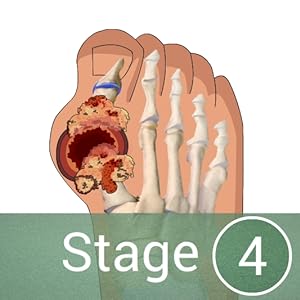
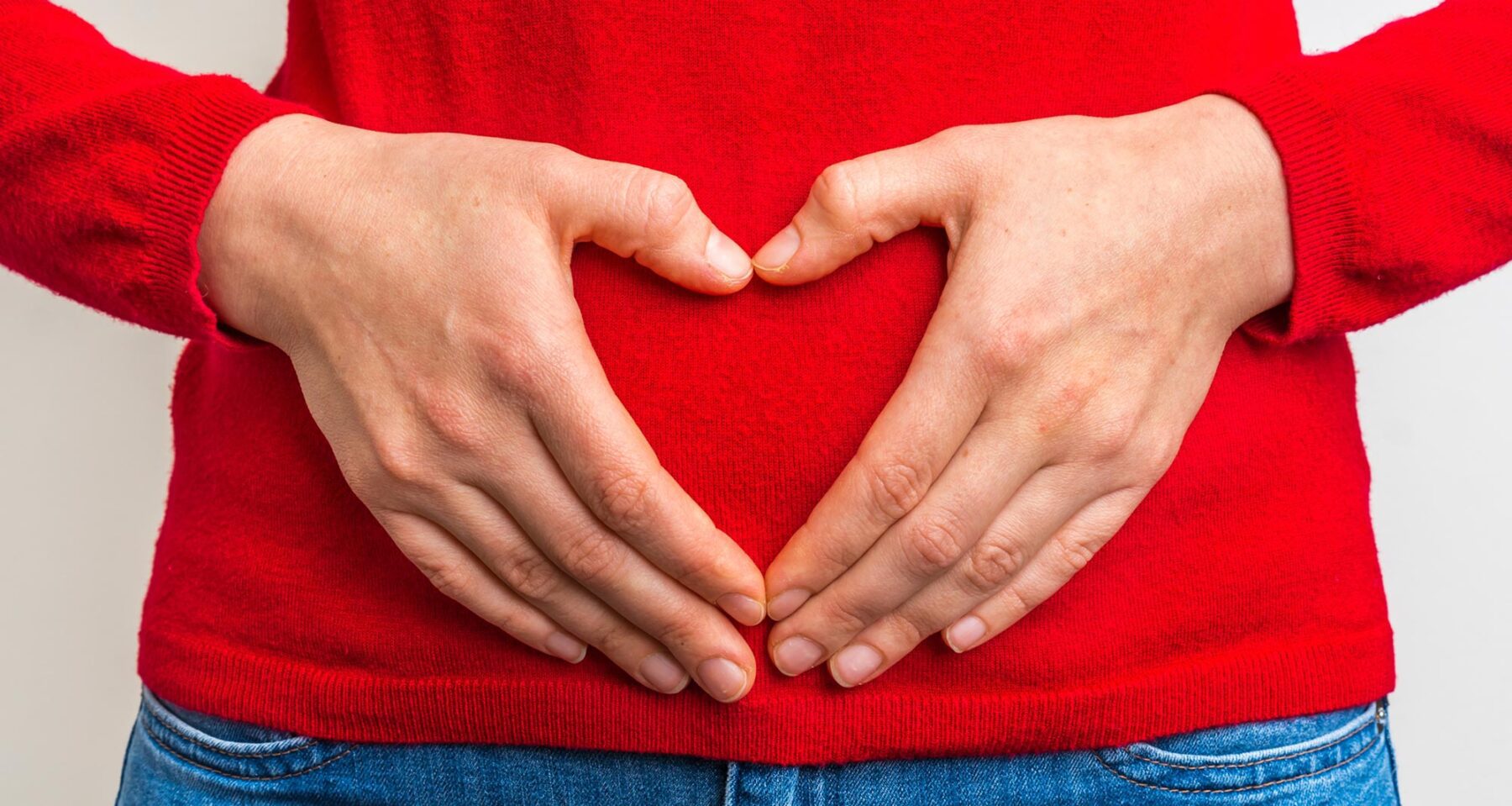
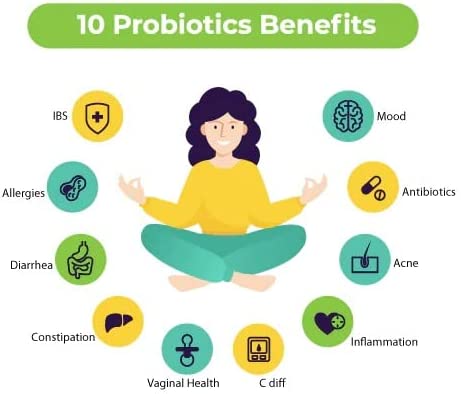

Leave a Reply